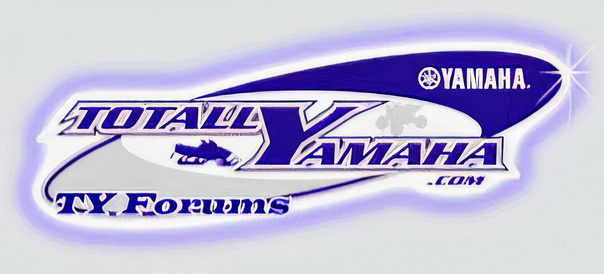NYViper17x
New member
I just had some weld repair done on a Viper trailing arm and the shop wanted to know if the steel is plain carbon or an alloy, and if it's an alloy, is it heat treated after welding?
We guessed it's probably plain carbon with no heat treat - does anyone know the answer. Thanks for the help.
We guessed it's probably plain carbon with no heat treat - does anyone know the answer. Thanks for the help.
rx1jim
New member
There is nothing special about the metallurgy used to make the trailing arms. It is a mild steel, no problem welding it to repair it.
NYViper17x
New member
"There is nothing special about the metallurgy used to make the trailing arms. It is a mild steel, no problem welding it to repair it".
rx1jim - Thanks for getting back to me. I'm just curious as to how you determined that the arms are made from mild steel? The reason I ask is I have an arm that had a major bend (no paint) and while exposed to air it has not rusted . I've seen this before and it can be an indicator that the steel has some chrome in it.
In all likelihood the material is either a plain carbon (1020-ish) or chrome molly (4130). I realize that either of these materials are no problem to weld, but if it is 4130, maybe Yamaha heat treats the arm after welding to increase the strength of the entire part. If necessary, I'll eventually take the "junk" arm into work, do some testing, and determine both material chemistry and strength.
Again, thanks for the feed back.
rx1jim - Thanks for getting back to me. I'm just curious as to how you determined that the arms are made from mild steel? The reason I ask is I have an arm that had a major bend (no paint) and while exposed to air it has not rusted . I've seen this before and it can be an indicator that the steel has some chrome in it.
In all likelihood the material is either a plain carbon (1020-ish) or chrome molly (4130). I realize that either of these materials are no problem to weld, but if it is 4130, maybe Yamaha heat treats the arm after welding to increase the strength of the entire part. If necessary, I'll eventually take the "junk" arm into work, do some testing, and determine both material chemistry and strength.
Again, thanks for the feed back.
rx1jim
New member
I have done enough straightening and repairing of these trailing arms which includes welding and drilling them without any failures of any type. This trailing arm is not subjected to the kinds of loads requiring a steel with particularly high strength such as a chrome moly or other high strength alloy. There are aftermarket light weight front end kits that are much lighter which are made from high strength steel which requires heat treatment after welding or drilling. I saw pictures of the damaged arm the jerk sold you. Be sure to press out the rubber isolation bushing before welding the arm.
